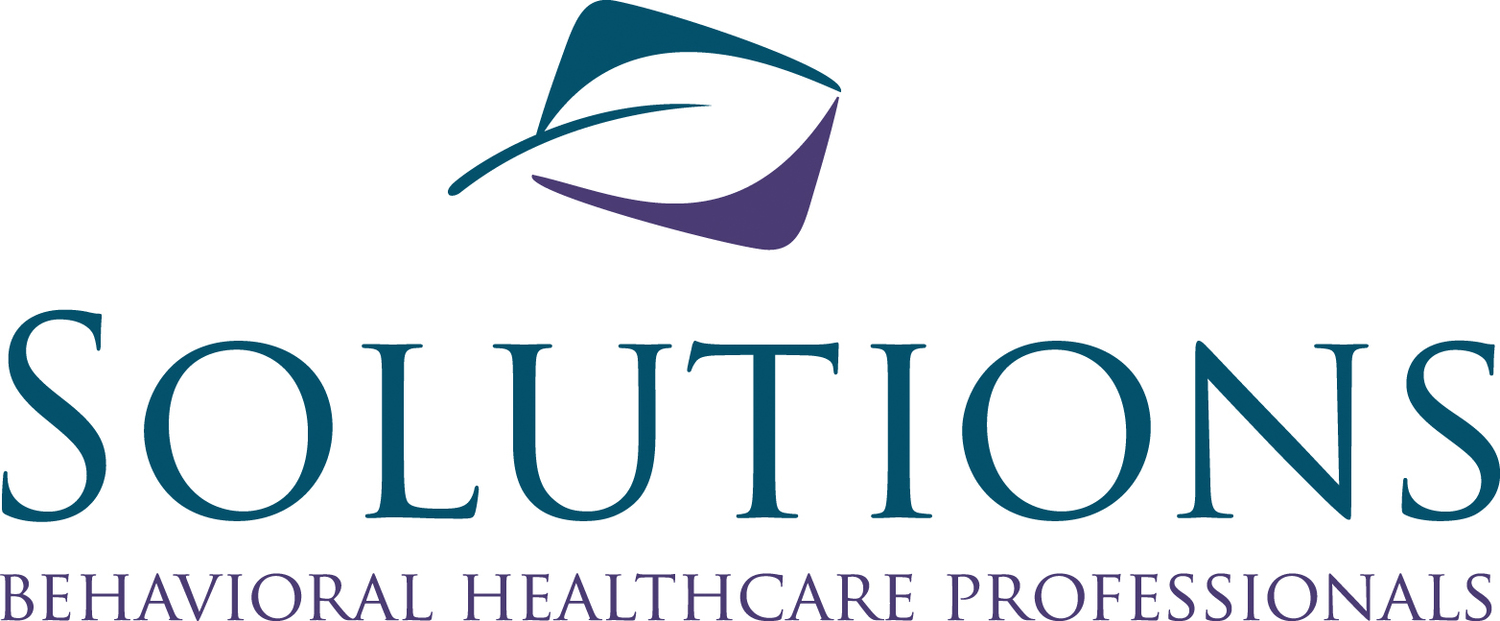Adult Services
Rehabilitative Mental Health Services
Rehabilitative Mental Health Services are designed to develop and enhance psychiatric stability, social competencies, personal and emotional adjustments, and independent living skills when these abilities are impaired by the symptoms of mental illness. The focus is on resorting function in order to reduce the risk of hospitalization.
Through a collaborative assessment process, a vision of recovery is established and an individualized plan is developed. This plan incorporates the individual's strengths, needs, abilities, and preferences. Services are provided to assist individuals in obtaining the skills they need to function in normal life roles and to prevent relapse.
Areas of intervention may include:
- Transportation
- Mediation and education monitoring
- Mental illness symptoms management
- Employment-related skills
- Transitioning to community living
- Cooking and nutrition
- Interpersonal communications
- Community intervention and community resources utilization
- Crisis assistance and relapse prevention
- Budgeting, shopping, and healthy lifestyle practices
Behavioral Intervention Services
Behavioral Intervention Services braid the development of daily living skills, interpersonal skills and behavioral management skills into an individualized plan to enable individuals to manage symptoms and regain lost functioning. These services help reduce the individual's level of disability through the learning and application of appropriate skills in various living settings, thereby maximizing the individual's ability to live in the least restrictive environment possible.
Mental Health Case Management
Individuals with serious mental health disorders may qualify for targeted mental health case management. A case manager can help locate necessary services, make referrals as needed, monitor the delivery of an individual's mental health services and assist with housing support or application for entitlement programs.
Illness Management & Recovery (IMR)
IMR is a set of psychoeducational materials designed to improve the management of illness. These procedures are evidence-based and are practical to implement.
IMR teaches:
- Drug and alcohol use
- Reducing relapses
- Coping with stress
- Coping with problems and symptoms
- Getting needs met in the mental health system
- Strategies for recovery
- Practical facts about mental illness
- The Stress-Vulnerability Model
- Building social support
- Using medication effectively


